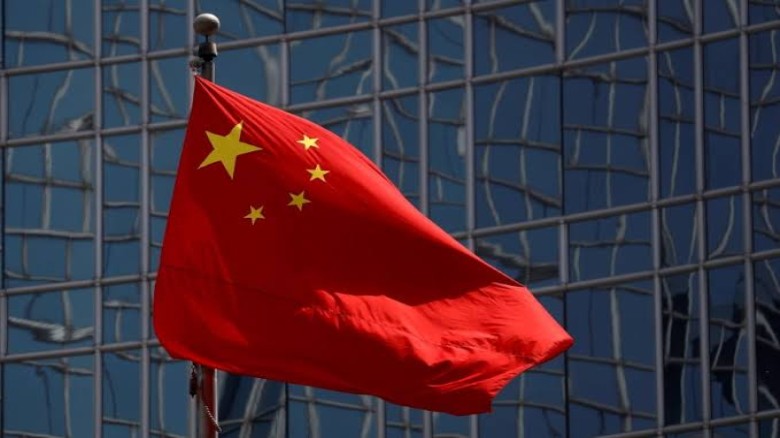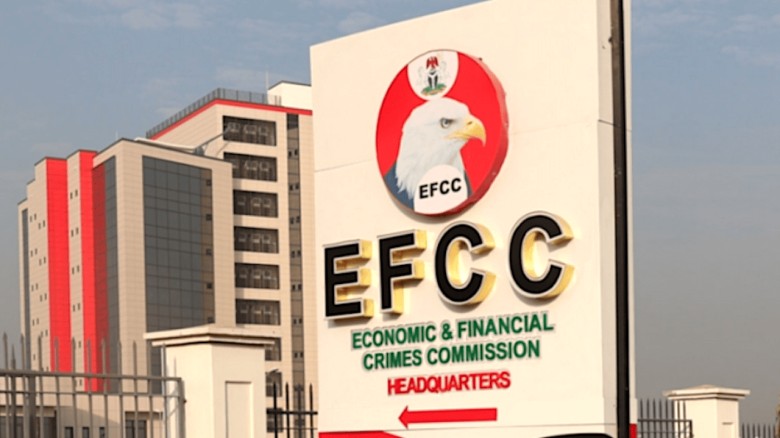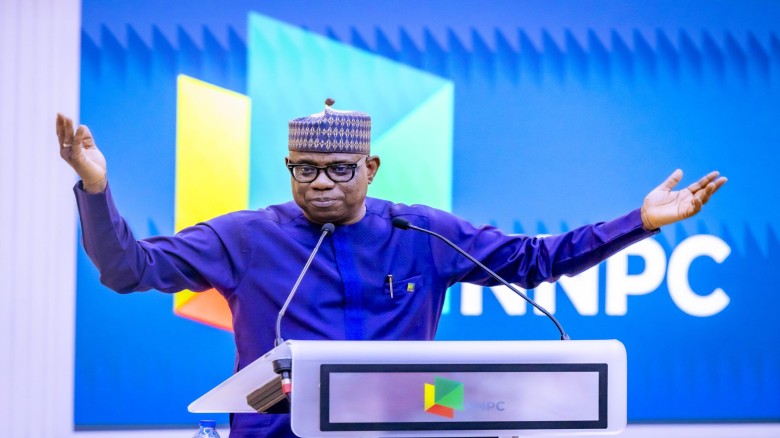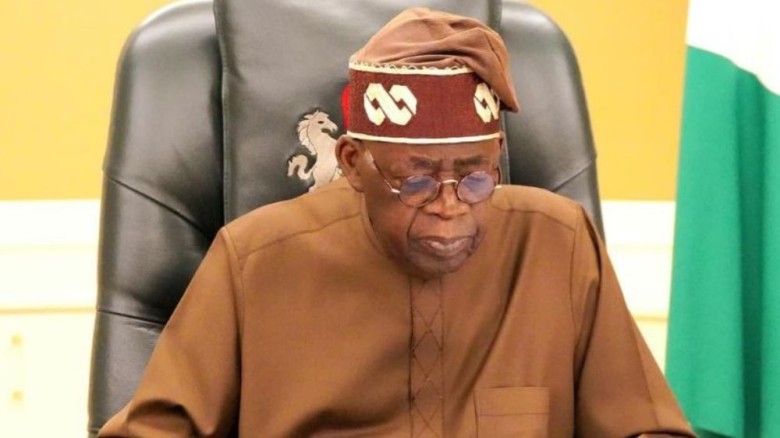FG unveils strategic roadmap to generate $100m in creative sector
The Federal Government has announced an ambitious plan to generate at least $100 billion per year and create more than two million jobs through Nigeria's creative economy.Hannatu Musa Musawa, Minister of Art, Culture, and the Creative Economy, revealed this during a roundtable event for local and international investors on Wednesday, as reported by Nairametrics.
Musawa outlined the ministry's Plan and Roadmap, emphasising that full implementation could meet these objectives.
She lamented that, despite its enormous potential, Nigeria's creative industry currently contributes only $5 billion to the country's GDP, with its various sub-sectors still developing.
These sub-sectors include music (sound recording, live performances, and music videos), visual media (films, TV shows, comedy, podcasts, and content creation), visual arts and crafts (painting, design, sculpture, and woodworking), heritage and museums, culinary arts, fashion, publishing (books, literary arts, poetry, magazines), and video gaming.
To achieve these objectives, Musawa identified 14 key initiatives organised around four major pillars: technology, infrastructure and funding, international culture promotion, and intellectual property monetisation.
These initiatives are intended to spur growth in the sector and significantly increase government revenues.
To achieve these objectives, Musawa identified 14 key initiatives organised around four major pillars: technology, infrastructure and funding, international culture promotion, and intellectual property monetisation. These initiatives are intended to spur growth in the sector and significantly increase government revenues.
She organised these initiatives into four distinct pillars: technology, infrastructure and funding, international culture promotion, and intellectual property monetisation.
Under the Technology pillar, the Minister stated that the Ministry intends to launch a digital content creation tool accessibility program to provide better and cheaper digital tools to Nigerian creatives.
Others include the Nigeria content distribution initiative, which aims to increase nationwide adoption of digital tools for content distribution, the launch of a study to estimate the size of Nigeria's creative industry, which includes a framework for future market sizing, and the expansion of internet access in underserved Nigerian regions, which will broaden the reach of other digital initiatives.
For Infrastructure and Funding, she said, this entails cataloguing existing infrastructure for the Arts, Culture, and Creative Economy and its current state, developing the appropriate infrastructure needed by the industry and leveraging public-private partnerships to fund development, providing incentives to stakeholders in the creative economy to boost investment and adoption of strategic initiatives, and launching a creative accelerator program to provide capital,
"Under International Culture Promotion, the Ministry will establish a culture promotion office in collaboration with Nigerian embassies abroad to promote Nigerian arts, culture, and the creative economy, as well as use AFCTA to increase Nigerian creative output exports regionally and globally.
"For Intellectual Property Monetisation, the Ministry will seek to establish globally standardised CMOs (Collection Management Organisations) for the majority of sectors, as well as launch a Copyright Oversight Initiative in collaboration with the Nigeria Communications Commission (NCC) to improve copyright tracking, monitoring, and enforcement, and to ensure CMOs' adherence to CISAC standards.
"It will also develop and implement the intellectual property framework and operationalise Nigeria's IP licencing framework," according to her.
Musawa predicted that Nigeria's Creative Economy would grow by 400% by 2027, positioning the sector for significant long-term growth and realising its vision.
To help the government achieve its job creation goals in the creative industry, the Minister announced a new partnership with BigWin Philanthropy, a leading international development partner.
This collaboration seeks to implement a transformative capacity-building and job-creation strategy.
According to the National Bureau of Statistics, Nigeria's creative economy contributed only 1.2% of the country's GDP in 2022, a lower percentage than benchmark countries. In comparison, Morocco's creative sector contributed 2.7%, South Africa's 3.0%, and Egypt's 4.3%.
























Leave A Comment